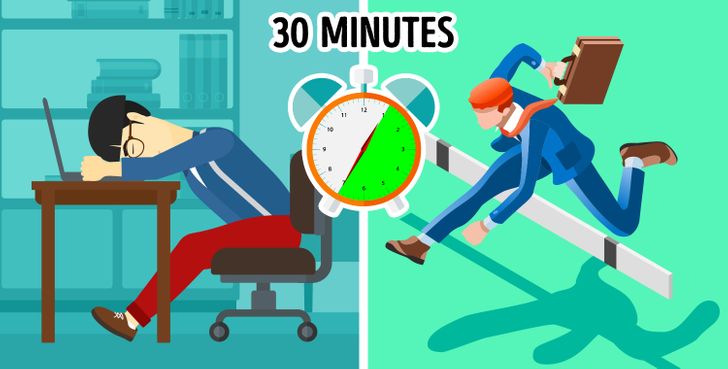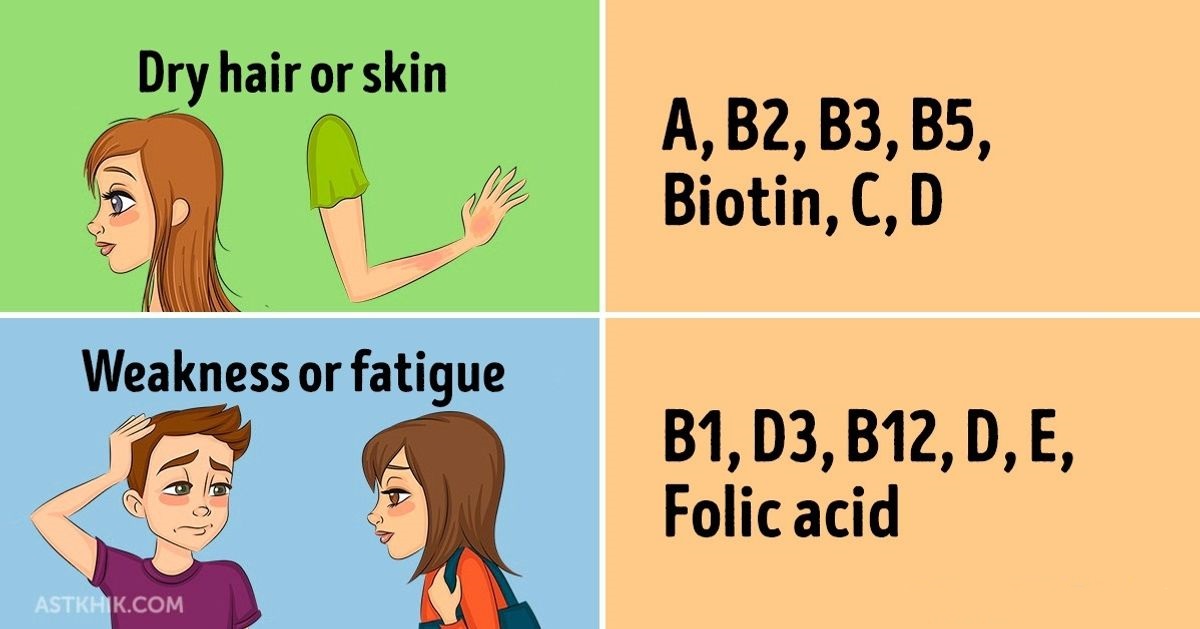In today’s fast-paced world, many of us struggle to keep up with endless to-do lists and demanding schedules. Amid these challenges, napping has emerged as a powerful tool for boosting energy, sharpening cognitive function, and enhancing overall well-being. This comprehensive guide explores what happens to your body when you take a nap, revealing the science behind various nap durations and how they can transform your productivity and health.
With increasing research highlighting the benefits of napping—from reducing stress and fatigue to improving memory consolidation—napping has become an essential component of a healthy lifestyle. In this article, we’ll delve into the effects of different nap durations, provide expert-backed advice, and share actionable tips for incorporating napping into your daily routine. Whether you’re looking to recharge for a busy afternoon or seeking long-term health benefits, read on to discover how napping can be a game-changer in your quest for improved energy, focus, and well-being.
How Long Should I Nap?
10-20 Minutes: For a Quick Boost of Alertness and Enhanced Energy

A power nap lasting 10-20 minutes is renowned for providing an immediate boost of alertness without leaving you feeling groggy. This short burst of sleep is particularly effective for increasing energy levels and sharpening concentration, making it a favorite among busy professionals and students alike.
- Boosting Energy and Productivity: A 10-20 minute nap can elevate your mood and improve overall productivity. The brief rest period helps clear your mind and resets your energy, making you more efficient and focused for the remainder of your day. Research from the Sleep Foundation suggests that short naps can enhance performance, especially during the mid-afternoon slump.
- Enhancing Cognitive Function: During this power nap, your brain enters the early stages of sleep, which can help consolidate short-term memory and prepare your mind for new information. This is particularly beneficial if you’re engaged in tasks that require high levels of concentration and quick decision-making.
- Avoiding Sleep Inertia: One of the key advantages of a 10-20 minute nap is that it minimizes the risk of sleep inertia—a state of grogginess that can occur when waking up from deeper stages of sleep. By keeping your nap short, you ensure a rapid return to alertness without the prolonged drowsiness that often follows longer naps.
Incorporating a short nap into your daily routine can serve as a mini reset button, allowing you to overcome fatigue and maintain peak performance throughout your day.
30 Minutes: To Say Goodbye to Fatigue and Recharge Your Mind

Taking a 30-minute nap can be a double-edged sword—while it has the potential to reduce fatigue, it may also lead to temporary sleep inertia if not managed properly. Understanding how to harness the benefits of a 30-minute nap can help you maximize its positive effects on your body and mind.
- Fatigue Reduction: A 30-minute nap is long enough to significantly reduce feelings of tiredness and mental exhaustion. It can help lower cortisol levels, the stress hormone, leading to a more relaxed state and improved mood.
- Improved Alertness: Although there is a risk of experiencing slight grogginess immediately after a 30-minute nap, many individuals find that the benefits quickly outweigh this minor setback. Once you wake up, you may notice enhanced alertness and a clearer mind, making it easier to tackle complex tasks.
- Balancing Nap Duration: To avoid the pitfalls of sleep inertia, consider experimenting with the timing of your nap. Some experts recommend limiting naps to just under 30 minutes or following up with a brief period of light activity upon waking to shake off any residual grogginess.
For those battling mid-day fatigue, a well-timed 30-minute nap can serve as an effective strategy for boosting energy and mental clarity, helping you say goodbye to persistent tiredness and hello to renewed focus.
60 Minutes: For Cognitive Memory Processing and Deep Restorative Benefits

A 60-minute nap offers a more profound restorative experience by allowing your body to enter slow-wave sleep, the deepest phase of non-rapid eye movement (NREM) sleep. This stage is crucial for cognitive memory processing, emotional regulation, and physical recovery.
- Memory Consolidation: During a 60-minute nap, your brain engages in the process of consolidating memories and processing information from the day. This deep sleep phase is particularly beneficial for students and professionals who need to absorb and retain new information effectively. Studies have shown that slow-wave sleep plays a critical role in memory retention and learning enhancement.
- Enhanced Cognitive Function: A longer nap can help improve problem-solving skills, creativity, and overall cognitive performance. By providing your brain with ample time to process complex tasks, a 60-minute nap can lead to a noticeable improvement in mental clarity and focus.
- Physical Restoration: Besides cognitive benefits, a 60-minute nap also supports physical recovery by reducing muscle fatigue and promoting tissue repair. This restorative sleep phase is essential for athletes and anyone engaged in regular physical activity.
While a 60-minute nap can deliver substantial benefits, it’s important to note that waking from deep sleep may leave you feeling a bit disoriented. However, once fully awake, the long-term advantages for memory and physical restoration make it a valuable addition to your daily routine.
For additional insights into the benefits of deep sleep and memory consolidation, check out the research available at Harvard Health Publishing.
90 Minutes: Completing a Full Sleep Cycle for Maximum Benefits

A 90-minute nap is often considered the gold standard for napping because it allows your body to complete a full sleep cycle—from light sleep to deep sleep and back to REM sleep. This comprehensive nap can provide a wide range of benefits, ensuring you wake up feeling refreshed and revitalized.
- Completing the Sleep Cycle: A full 90-minute sleep cycle enables your body to experience all the stages of sleep, including REM (rapid eye movement) sleep, which is vital for emotional regulation and creativity. Waking up at the end of a complete cycle minimizes sleep inertia and allows you to start your day with a clear mind.
- Enhanced Creativity and Problem-Solving: REM sleep, which typically occurs during the later part of a 90-minute nap, is associated with enhanced creativity and improved problem-solving abilities. Many successful individuals attribute their innovative thinking and breakthrough ideas to the benefits of a complete sleep cycle.
- Emotional Balance and Stress Reduction: A full sleep cycle also supports emotional well-being by regulating mood and reducing stress. This can lead to improved interpersonal relationships and a greater overall sense of well-being.
For those who have the time to commit to a longer nap, a 90-minute rest period offers the most comprehensive benefits, combining physical restoration with mental clarity and emotional balance. This full-cycle nap can be particularly beneficial on weekends or during extended breaks when you have the flexibility to prioritize quality sleep.
To learn more about the benefits of a full sleep cycle, visit Sleep Foundation’s guide to napping.
The Comprehensive Benefits of Napping: Boost Energy, Enhance Memory, and Improve Overall Health

Beyond the specific benefits associated with different nap durations, napping as a practice offers a range of advantages that can positively impact your overall health and quality of life.
- Improved Mental Health: Regular naps can help reduce stress and anxiety, leading to improved mental health and emotional resilience. By taking time to rest and recharge, you allow your brain to process emotions and recover from daily stressors.
- Increased Productivity and Focus: Incorporating a short nap into your daily routine can dramatically improve your productivity. Whether you choose a power nap of 10-20 minutes or a full 90-minute sleep cycle, the enhanced alertness and cognitive clarity can help you tackle work and personal tasks with renewed vigor.
- Better Heart Health: Emerging research suggests that regular napping may also have cardiovascular benefits. By lowering stress levels and reducing blood pressure, napping can contribute to a healthier heart and lower the risk of heart disease.
- Boosted Immune Function: Quality sleep is essential for a robust immune system. Napping can help bolster your body’s natural defenses, making you less susceptible to illnesses and infections.
- Enhanced Athletic Performance: For athletes and fitness enthusiasts, napping can serve as a valuable recovery tool. Improved muscle recovery, reduced fatigue, and enhanced cognitive function can lead to better performance both in training and competition.
Integrating naps into your daily routine doesn’t just provide a temporary energy boost—it can contribute to long-term health benefits that improve your overall quality of life.
How to Incorporate Napping Into Your Busy Schedule
In today’s hectic world, finding time for a nap can be challenging. However, with a few simple strategies, you can make napping a regular part of your routine:
- Schedule Your Nap: Treat your nap as an important appointment. Whether it’s during your lunch break or a designated rest period in the afternoon, set aside time to rest without distractions.
- Create a Restful Environment: Optimize your napping space by keeping it quiet, cool, and dark. Consider using blackout curtains, white noise machines, or earplugs to create an environment conducive to sleep.
- Use a Timer: To ensure you don’t oversleep and disrupt your nighttime routine, use a timer or an alarm clock. This will help you stick to your desired nap duration, whether it’s 20, 30, 60, or 90 minutes.
- Experiment with Different Durations: Everyone’s body is different. Experiment with various nap lengths to discover which duration provides you with the optimal boost in energy and cognitive function.
- Incorporate Mindfulness: Use your nap time as an opportunity to practice mindfulness. Even if you don’t fall asleep immediately, taking a few minutes to relax and clear your mind can provide substantial benefits.
By strategically incorporating naps into your daily schedule, you can enjoy the myriad benefits of improved mental clarity, reduced stress, and enhanced overall well-being.
Conclusion: Embrace the Power of Napping for a Healthier, More Productive Life
Napping is more than just a way to catch up on sleep—it’s a powerful tool for enhancing your overall health and productivity. Whether you choose a brief 10-20 minute power nap, a 30-minute rest to combat fatigue, a 60-minute deep restorative sleep, or a full 90-minute cycle, each nap duration offers unique benefits that can transform your energy levels, cognitive performance, and emotional balance.
By understanding the science behind napping and experimenting with different durations, you can unlock the secret to improved alertness, memory processing, and stress reduction. Incorporating a regular nap into your routine not only boosts your daytime performance but also contributes to long-term health benefits, such as improved heart health, enhanced immune function, and better mental well-being.
As you explore the benefits of napping, remember that quality rest is a key component of a balanced, healthy lifestyle. Take a proactive approach to manage fatigue and stress by prioritizing short, restorative naps throughout your day. With these simple changes, you can experience the transformative effects of napping and unlock a more energetic, focused, and productive version of yourself.
For additional insights and expert tips on sleep and napping, check out reputable sources like the Sleep Foundation and Harvard Health Publishing. These trusted resources provide a wealth of information on sleep science and practical advice for improving your overall sleep quality.
Embrace the power of napping today and start experiencing the remarkable benefits it can bring to your mind, body, and overall lifestyle. Whether you’re seeking a quick energy boost or a deep restorative break, a well-timed nap can be the secret weapon that elevates your daily performance and enriches your long-term health.









